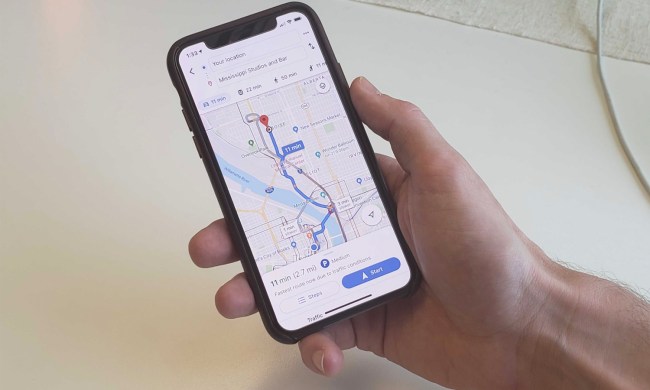Facebook, Google, Microsoft, and Twitter are teaming up to form a new coalition ahead of the 2020 presidential election, according to a report in The New York Times on Wednesday.
The coalition, which has yet to have a name, will connect with government agencies like the FBI and the Department of Homeland Security to “counter shared threats to the online public conversation.”
The Big Tech companies met with government officials in September to discuss and coordinate efforts to make sure this year’s election is secure. Other social media companies involved in the group include LinkedIn, Pinterest, Reddit, Verizon Media, and the Wikimedia Foundation.
The formation of the coalition is Big Tech’s first collective show of strength against digital interference in the U.S. 2020 election, yet it remains to be seen what sort of policy and moderation efforts will be put in place to combat misinformation on each respective platform.
In a statement to Digital Trends, a spokesperson for the coalition said, “In preparation for the upcoming election, we regularly meet to discuss trends with U.S. government agencies tasked with protecting the integrity of the election. For the past several years, we have worked closely to counter information operations across our platforms.”
The statement continued: “We held the latest in a series of meetings with government partners today where we each provided updates on what we’re seeing on our respective platforms and what we expect to see in the coming months. Specifically, we discussed preparations for the upcoming conventions and scenario planning related to election results. We will continue to stay vigilant on these issues and meet regularly ahead of the November election.”
Social media platforms like YouTube, Facebook, and Twitter have proved to be fertile ground for misinformation to spread widely and rapidly. Over the last four years, following the fallout from the Cambridge Analytica scandal as well as the reports that Russian interfered in the 2016 election through various social media platforms, Big Tech has made combating misinformation one of its top goals.
This year, Twitter announced that it will not support political ads on its platform. Facebook and Instagram recently announced that both platforms will allow users the option to block political ads from appearing in their feeds.
But, dangerous disinformation campaigns, and the rising popularity of the far-right conspiracy group QAnon, still rattle social media sites and make content moderation difficult.



